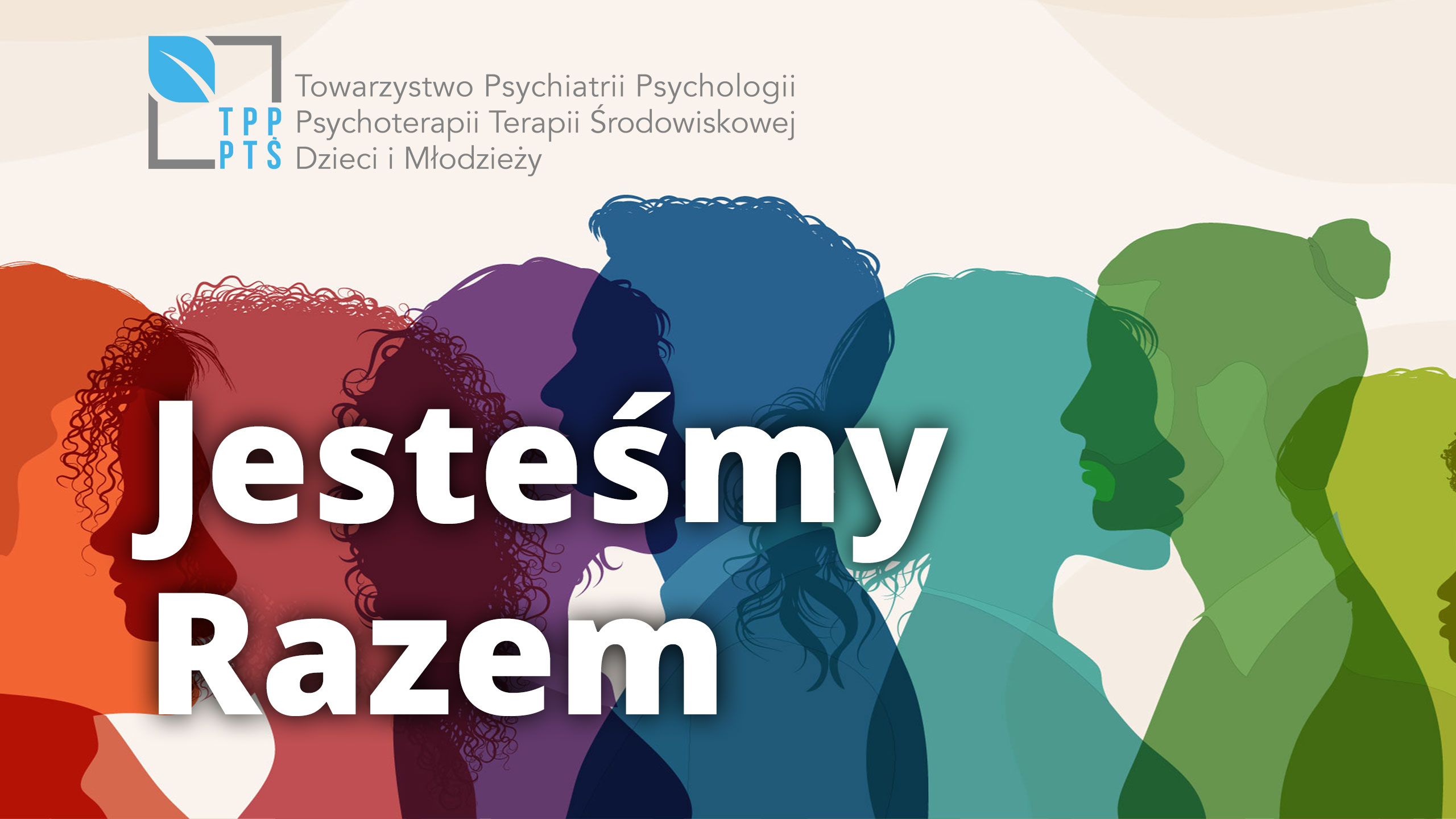Most common mental problems in the elderly as viewed by medical school students in Poland, Belarus and Greece
Mateusz Cybulski1, Elżbieta Krajewska-Kułak1, Pawel Sowa2, Andrei Shpakau3, Eleni Theodosopoulou4, Antigoni Chadzopulu5
 Affiliacja i adres do korespondencji
Affiliacja i adres do korespondencjiAim: The aim of this study was to investigate the opinions of respondents on the most common mental and psychological problems of the elderly over 60 years of age. Material and methods: The study was conducted between January 2013 and November 2014 in three study groups: Polish, Belarusian and Greek students. A total of 600 (200 for each group) respondents were tested with a questionnaire developed by the authors. Women dominated in study groups. Three quarters of the study population consisted of people between the ages of 21 and 25 years. An analysis of the education level of respondents showed that almost 60% of respondents studied nursing, 30% – physiotherapy and 10% – other courses of studies. Results: More than half of all respondents (50.8%) were afraid of old age. The vast majority of students in each group (a total of 88.3%) stated that it is better for the elderly not to be alone and to have a family. Loneliness (61.5%), the sense of helplessness (52.7%) and depression (50.8%) were mental problems of the elderly that were most often indicated by the respondents. Conclusions: There is a need to educate the younger generations on problems associated with aging and old age, including mental health problems. The study showed significant differences in the perception of mental health problems of elderly people, depending on respondents’ country. There is a need for a change in the functioning of the care systems for the elderly, which would involve perceiving a family as an institution able to provide care services for old people.















